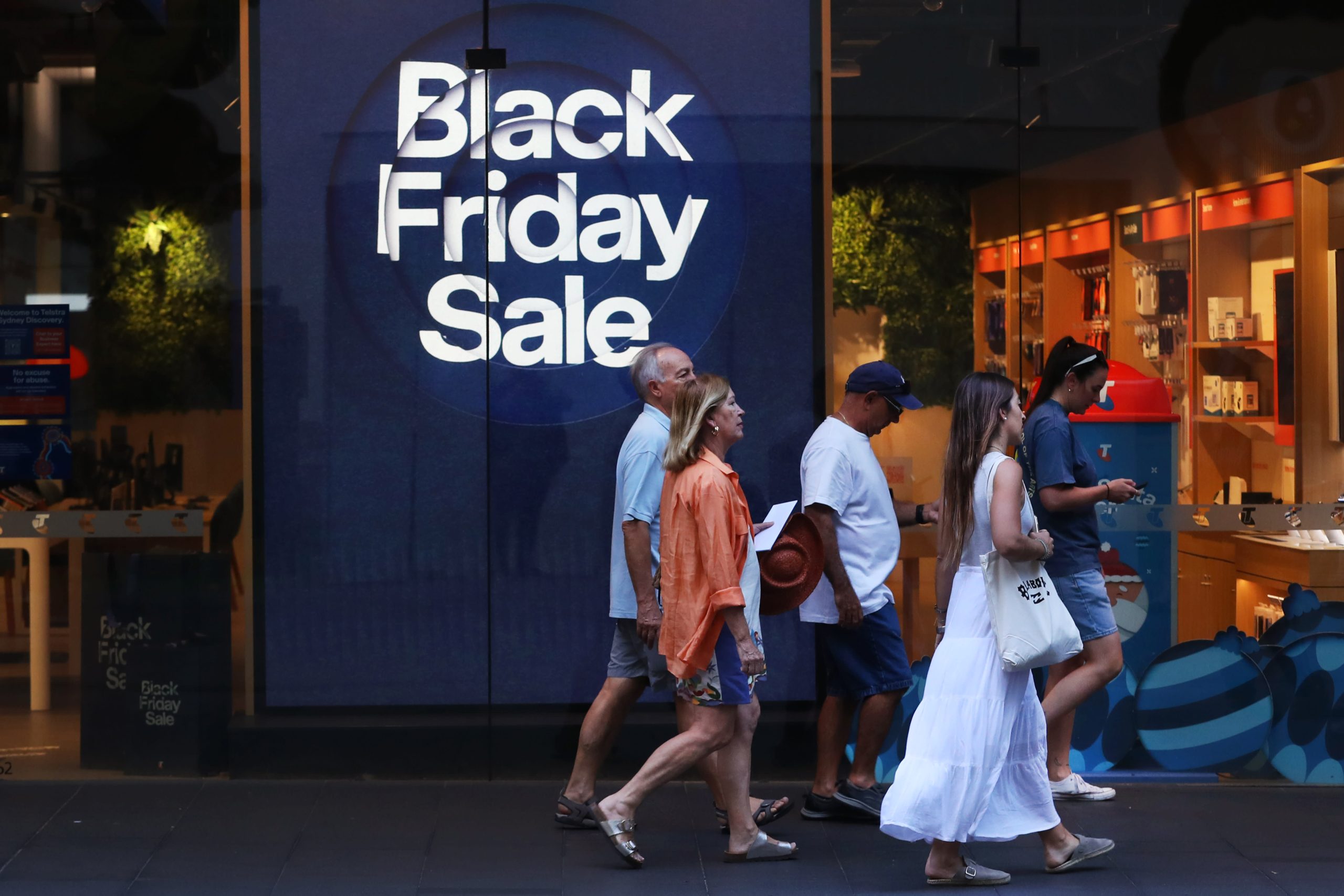The emergence of AI shopping doesn’t just give consumers access to personalized advice and hassle-free shopping, it also brings with it an increased risk of digital fraud.
This Black Friday, for the first time, consumers and retailers alike are being warned about the perils of so-called “agentic shopping,” as consumers turn to large language models to search for products, compare offerings, receive personalized recommendations, and even make purchases without much human input. These technological advances come with their own risks.
“It definitely makes my life easier… but at the same time, it also makes fraudsters’ life substantially easier as well,” said Michael Reitblat, CEO of Forter, an identity intelligence company that works on fraud prevention.
According to Reitblat, there has been a 200% increase in agentic shopping by consumers over the past six months. That has been accompanied by a nearly tenfold increase in fraudsters using AI. “Think of it as sending thousands of robots into different stores to masquerade as good consumers,” Reitblat told CNBC’s “Squawk Box Europe.”
While some retailers’ knee-jerk reaction has been to simply ban AI purchases, that could be a faulty strategy as more and more consumers use AI for shopping and that is driving good quality traffic, Reitblat said.
A report by McKinsey & Company and The Business of Fashion found that among fashion executives, AI and digital tools were seen as the single biggest opportunity for the industry in 2026. To ensure products are visible and favored by AI models, brands must rethink marketing and e-commerce strategies, the report noted, adding that semantically rich data and API-accessible content will be critical to success.
“You need to use AI to fight AI,” Reitblat said. “You need to make sure that you’re leveraging better data than fraudsters may have, and you need to properly think of: how do you authenticate the consumers?”
Shaky consumer confidence
Value-conscious consumers is another factor retailers have to deal with this year as heightened trade tensions and worries about a slowing economy impact consumers’ spending habits.
Consumer confidence has been shaky heading into the shopping season. In Europe, economic sentiment has remained stubbornly below its long-term average since mid-2022, according to data by the European Commission. Meanwhile in the U.S., consumer confidence hit its lowest point since April in November as concerns about job security mount.
Some experts have suggested a split between wealthy consumers doing well and others that are cutting back on spending amid pressure from higher prices, in what has been dubbed the “K-shaped economy.”
“Consumer confidence has been bumpy, and therefore the customers feeling like they’re getting genuine value is going to be a big thing for this year,” said Curry
“We know research is a big part of how consumers approach Black Friday, making sure they’re getting absolute value.”
International: Top News And Analysis
Read the full article <a href="Read More” target=”_blank”>here.


